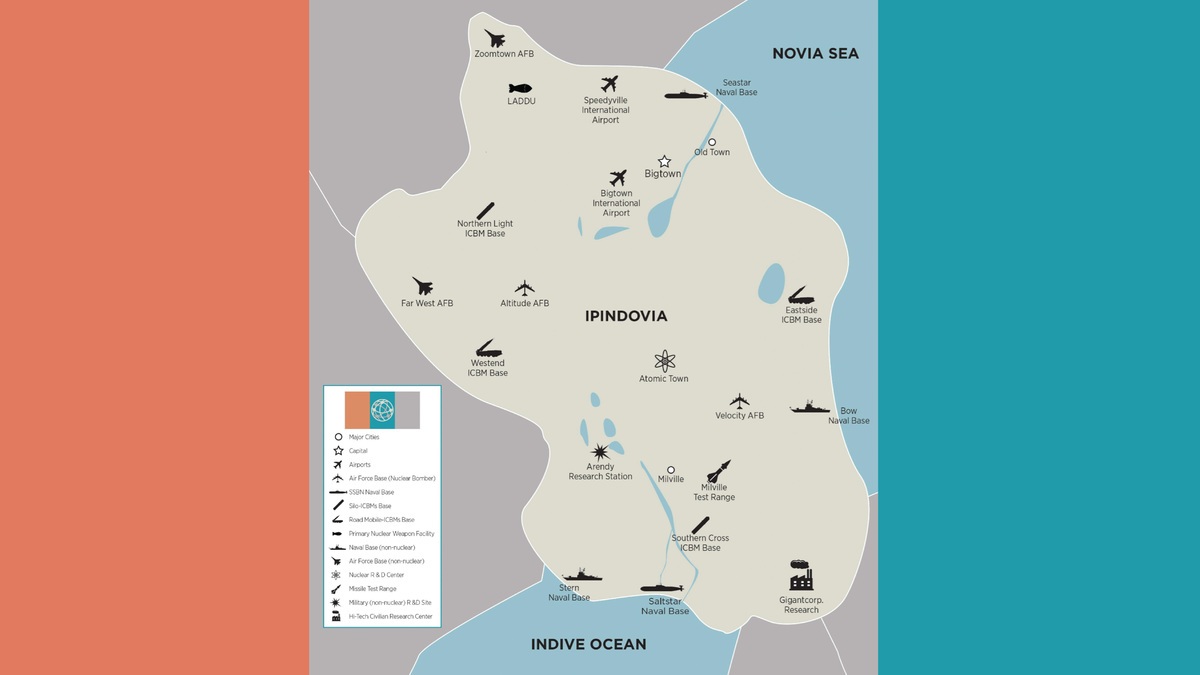The IPNDV’s Working Group on Monitoring and Verification Objectives (Working Group 1) was asked to produce a capacity mapping document that outlines existing skills and areas of expertise applicable to key monitoring and verification activities, and identifies possible gaps.
To support this deliverable, the Nuclear Threat Initiative, in collaboration with the Kingdom of Norway, prepared a capacity mapping questionnaire and circulated it to the countries participating in the IPNDV. The questionnaire allowed the Partnership to determine existing gaps and also identify initial areas of opportunity for building capacity.
More information on the results from the questionnaire and expertise needed for nuclear disarmament verification can be found in deliverable three, but below are some the key findings from the questionnaire:
- Most countries in the Partnership have at least one institution for research and development, applicable to monitoring and verification activities
- Most have at least some nuclear material characterization and testing capability
- Almost all the surveyed countries have at least some ready-to-deploy technologies to support monitoring and verification activities at different stages of the dismantlement effort
- There is generally a lack of ready-to-deploy technologies to support monitoring and verification activities associated with nuclear weapons in storage or to authenticate an item declared to be a nuclear warhead
- There is a general lack of awareness of the available policy courses related to nuclear disarmament verification
To address this lack of awareness, countries can consult the following list of existing policy research institutes and courses that can help build capacity in the field of nuclear disarmament verification.
- Australia: The Centre for Nuclear Non-Proliferation & Disarmament (CNND) at the Crawford School of Public Policy, Australian National University
https://cnnd.crawford.anu.edu.au/
- Europe: The European Safeguards Research & Development Association (ESARDA) runs a course on Nuclear Safeguards and Non Proliferation, with lessons on policy and technology directly relevant to disarmament verification
https://esarda.jrc.ec.europa.eu/
- France: Annual Summer School on International Nuclear Law at Montpellier University, sponsored by the Nuclear Energy Agency and the OECD
https://www.oecd-nea.org/law/isnl/
- Germany:
- The Carl Friedrich von Weizsäcker-Centre for Science and Peace Research (ZNF) at the University of Hamburg offers, in cooperation with Norway, simulation exercises of nuclear disarmament verification following the UKNI scenario.
https://www.znf.uni-hamburg.de/en/forschung/nuklearwaffenkontrolle.html
- The Aachen Institute for Advanced Study in Computational Engineering Science has opened in November 2017 a new Nuclear Verification and Disarmament Laboratory.
https://www.aices.rwth-aachen.de/en/about-aices/about/institutes/nuclear-verification-disarmament
- United Kingdom: In partnership with the Atomic Weapons Establishment, King’s College London has developed a Masters in Arms Control and International Security. It aims to build expertise in the fundamentals and history of arms control, while also exposing students to practical issues and challenges associated with design, implementation and verification.
- United States: The James Martin Center for Nonproliferation Studies at the Middlebury Institute of International Studies offers a number of policy courses on arms control treaties, safeguards, and diplomacy. The Center also runs Master-level courses where students are taught about the science and technology of verification. In one of these courses, students participate in a three-month long exercise where they simulate the verification of the dismantlement of a nuclear weapon at the Institute of Energy Technology in Kjeller, Norway. Another course teaches the physics of missiles and nuclear weapons. Other classes teach students about open-source analysis and geospatial tools for non-proliferation analysis, both gaps that have been identified in the questionnaire.





